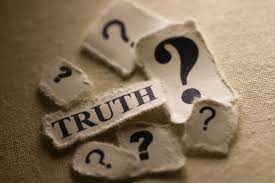- + New Debate
- Debate News
- About
- Debra AI More
frame
Howdy, Stranger!
It looks like you're new here. If you want to get involved, click one of these buttons!
DebateIsland.com is the largest online debate website globally where anyone can anonymously and easily debate online, casually or formally, while connecting with their friends and others. Users, regardless of debating skill level, can civilly debate just about anything online in a text-based online debate website that supports five easy-to-use and fun debating formats ranging from Casual, to Formalish, to Lincoln-Douglas Formal. In addition, people can improve their debating skills with the help of revolutionary artificial intelligence-powered technology on our debate website. DebateIsland is totally free and provides the best online debate experience of any debate website.
Communities
- 8.3K All Communities
- 254 Technology
- 1.9K Politics
- 679 United States
- 592 Global
- 65 Immigration
- 1.9K Religion
- 230 TV SHOWS
- 60 Movies
- 80 History
- 44 Work Place
- 476 Philosophy
- 411 Science
- 62 Earth Science
- 9 Books
- 101 Economy
- 34 Investments
- 14 Europe
- 10 Tea
- 7 Coffee
- 59 Sports
- 42 Products
- 283 News
- 13 Airplanes
- 33 Cars
- 851 General
- 9 Mafia Games
- 24 Art And Design
- 20 Space
- 50 Military
- 3 Premium Member
 DEBATE NEWS
DEBATE NEWS BREAKING NEWS
Got bees? Don't put up with all that buzzing and stinging; here are some easy ways to get rid of bees this...
What Is Truth And Does It Exist?
Debate Information

For hundreds of years, philosophers have battled over this question. Is there a Truth with a capital "T"? Do we each have our own truth with a small "t"? Many philosophers rejected the idea of Truth as wishful thinking. A few went further and denied even the existence of truths (no capital).
What do you think? Your answer is important because all your thinking and actions depend on it.
Post Argument Now Debate Details +
Arguments